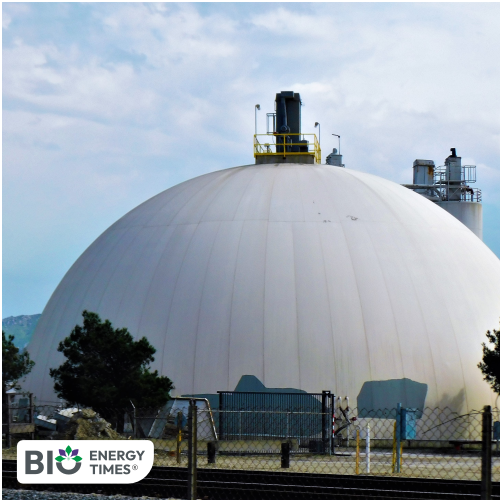Italy and Japan, in partnership with the United Nations Development Programme (UNDP), will support the construction of a biomethane plant on the Tunisian island of Djerba. The facility will process organic waste from the island’s hotels, aiming to cut pollution and strengthen the local economy, reports Bioenergy Insight.
A technical meeting chaired by Medenine Governor Walid Tabboubi confirmed the project’s feasibility and approved the tender documents. Senior officials from the National Energy Management Agency (ANME), the National Waste Management Agency (ANGED), the Tunisian Electricity and Gas Company (STEG), and local municipalities attended the session, pledging their commitment to move the project forward quickly.
According to UNDP, the plant will be able to treat six tonnes of organic waste annually, making an important contribution to environmental protection and sustainable development. Officials said the transition to a circular economy would also create new green jobs and enhance Djerba’s resilience to climate change.
Djerba, recognised as a UNESCO World Heritage Site, is being positioned as a model for balancing environmental sustainability with economic growth. The initiative is being led by Tunisia’s Ministries of Environment and Industry as part of a broader national strategy to scale up waste-to-energy projects.
By 2035, Tunisia aims to increase waste-to-energy production by 40 per cent and cut landfill waste by 54 per cent. Officials stressed that the Djerba project represents both an environmental necessity and a concrete step forward in Tunisia’s energy transition.















